Mercedes-Benz technical chiefs have revealed an exciting mixture of technologies aimed at meeting short and long-term European CO2 legislation.
More efficient engines, electric vehicles, plug-in hybrids and fuel cells all form part of Mercedes’ development strategy over the next 10 years.
In engine development, the focus is on improved efficiency and performance. Downsizing engine capacity combats friction and the pumping losses caused by the effort of drawing air into the engine. The new V8 engine of the Mercedes-AMG GT and C63 is a classic example of this approach.
The capacity has been reduced from 6.3-litres to 4.0-litres by adding twin-turbocharging to maintain or increase power. Friction-reducing 'Nanoslide' technology has been carried over in the cylinder bores allowing pistons to slide with less resistance. The result is an efficiency improvement of 30 per cent compared to its naturally aspirated predecessor.
New Mercedes-AMG GT tech secrets revealed
Turbocharging can generate high torque at low engine speeds on both petrol and diesel engines, so downspeeding is also on the agenda at Mercedes. If the engine turns more slowly, friction is reduced and so are heat, wear and CO2 emissions. That’s one of the reasons, despite the downsizing regime, Mercedes still favours four-cylinders over three. Engineers argue that a slower-turning four-cylinder gives the same frictional benefits as a three-pot, but is smoother.
“The name of the game is to combine driving fun with efficiency,” says Thomas Weber, group board member responsible for research and car development at Mercedes.
The research chief also believes there’s a crossover between F1 and passenger cars, in terms of learning – if not actual components.
“F1 plays a part with our new hybrid solution. The efficiency we achieve there is huge," he explains. "In the past we were limited to 28-30 per cent efficiency with combustion engines, but with our current hybrid F1 drivetrain we are dealing in the 40 per cent range."
Weber predicts a future where all vehicles will be electrified, but there won't be a 'one size fits all' solution: “Even in lane one, we will see mild hybrids using belt-driven starter-generators or crankshaft integrated starter-generators. In lane two we will have the premium plug-in hybrids and by 2017 we will launch 10 plug-in hybrids. The third lane will be zero-emissions vehicles powered by batteries or fuel cells.
“By 2020, we expect the energy density of battery technology to have doubled and the cost halved,” he continues. “Without any other changes being made, the range of the B-Class Electric Drive could increase to 185 or 250 miles.”
Beyond that, Weber believes there’s more to come with new battery chemistry: “Lithium sulphur will be the next step after lithium ion, followed perhaps by lithium air. Lithium sulphur is comparable to lithium ion but lithium air will be a completely different world.”
With lithium ion batteries, the oxygen needed for the chemical reaction which generates electricity is stored internally. Lithium air batteries ‘borrow’ airborne oxygen from the air and then release it again when the battery is recharged. As a result, they theoretically have a large energy storage capacity – some sources estimate it could be close to that of petrol.

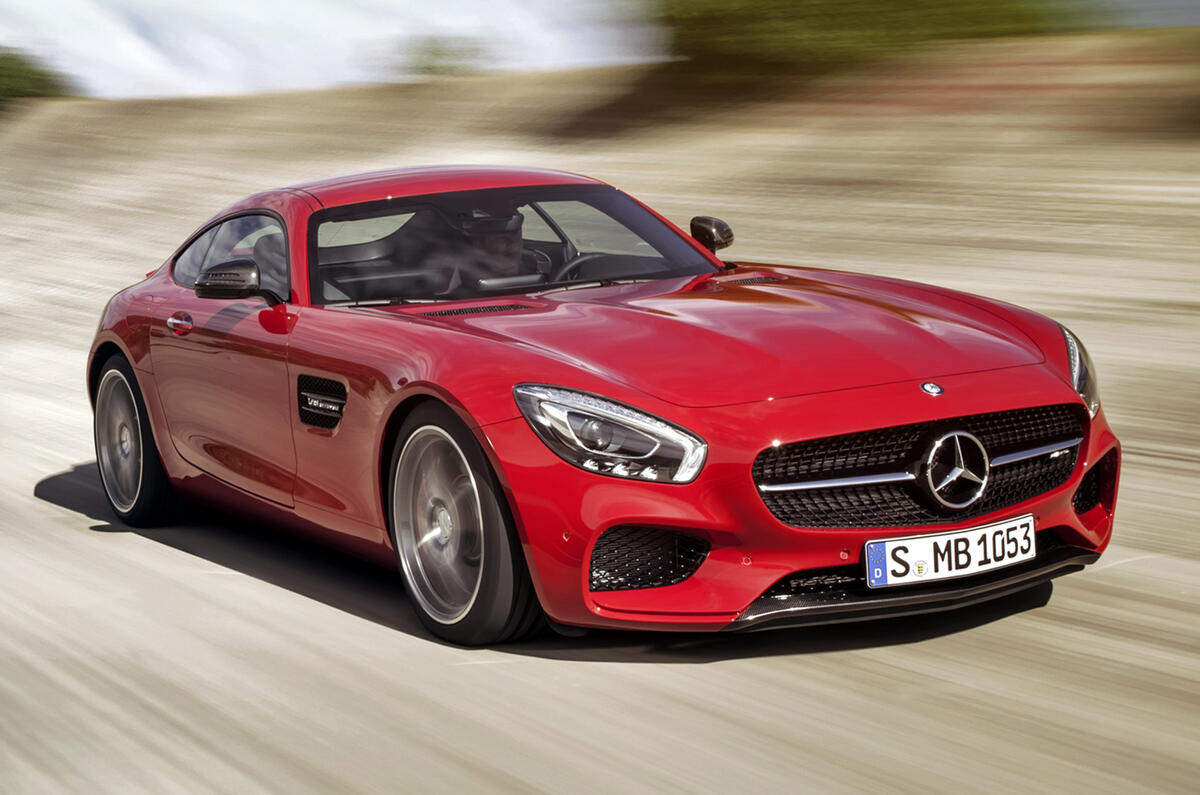
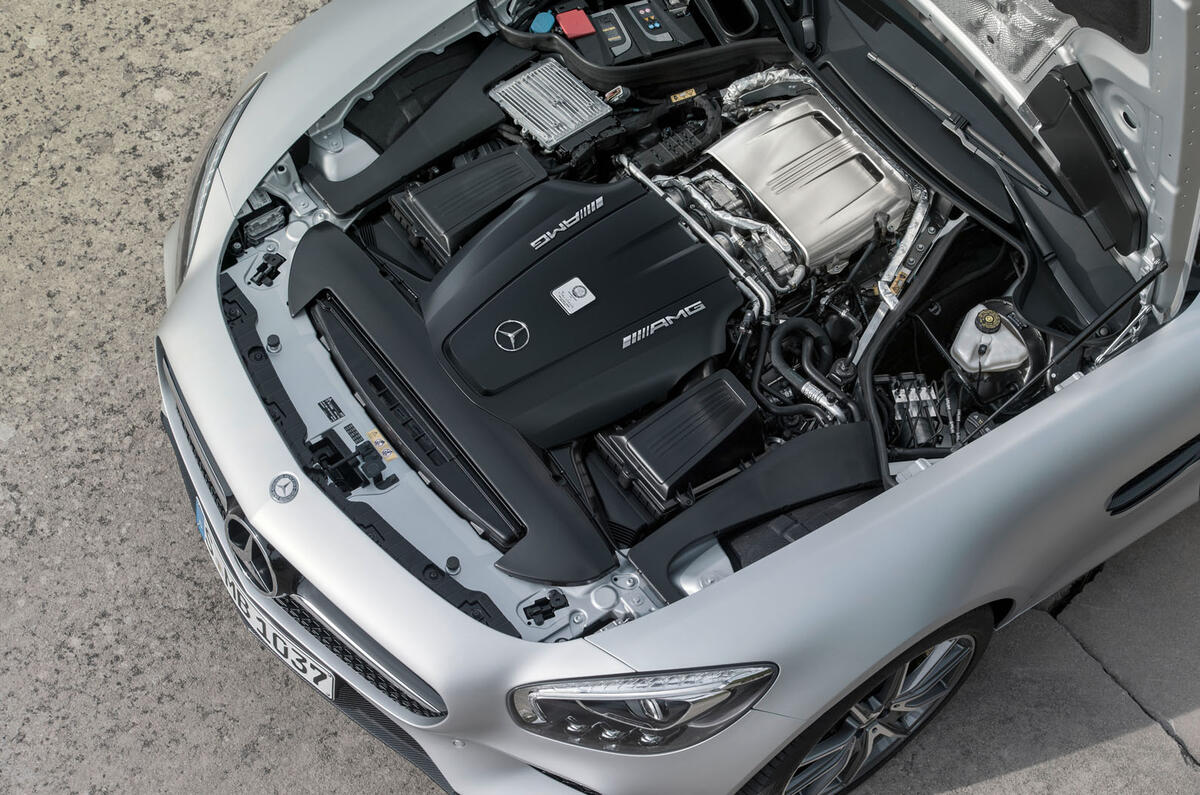
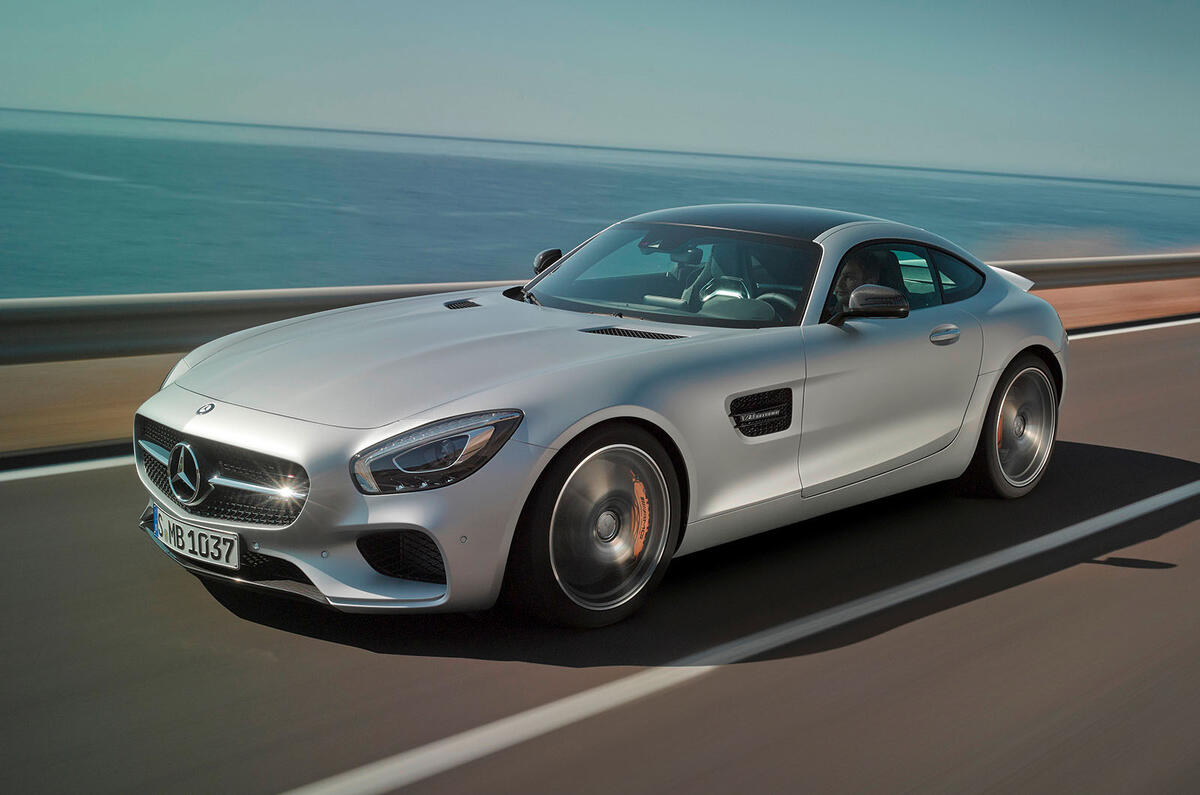
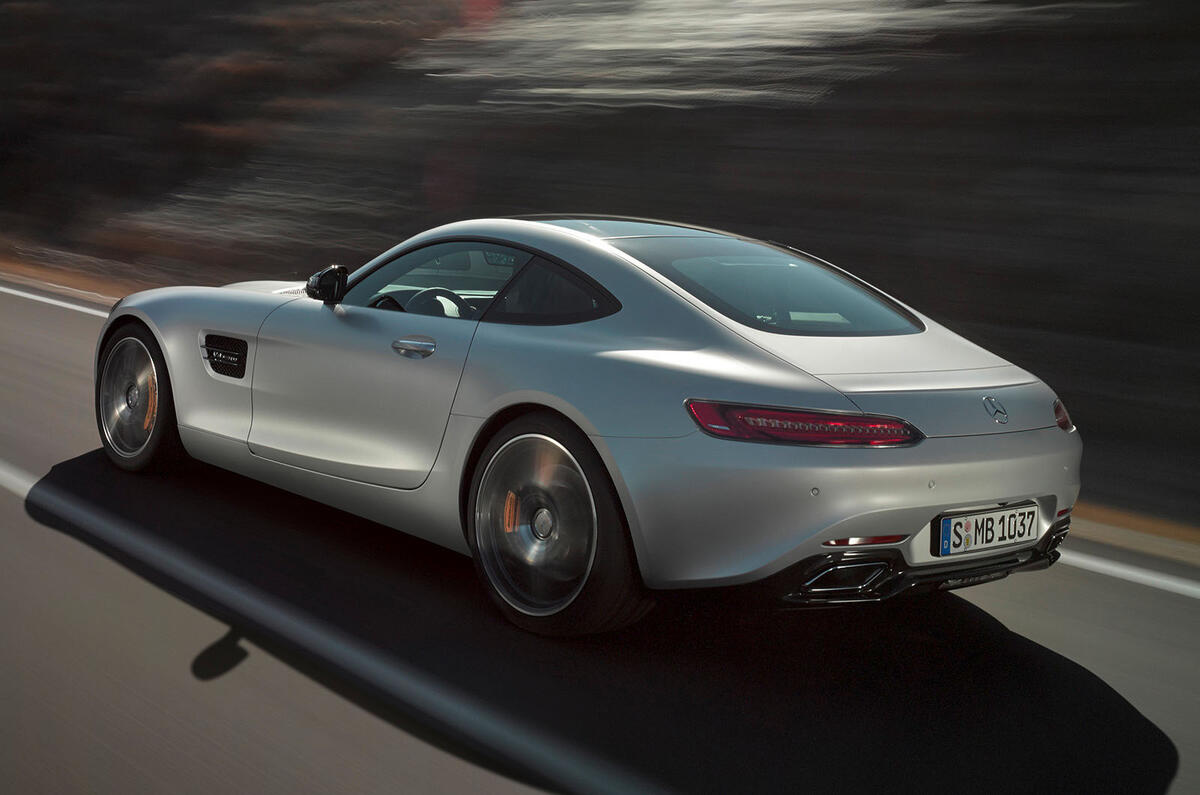
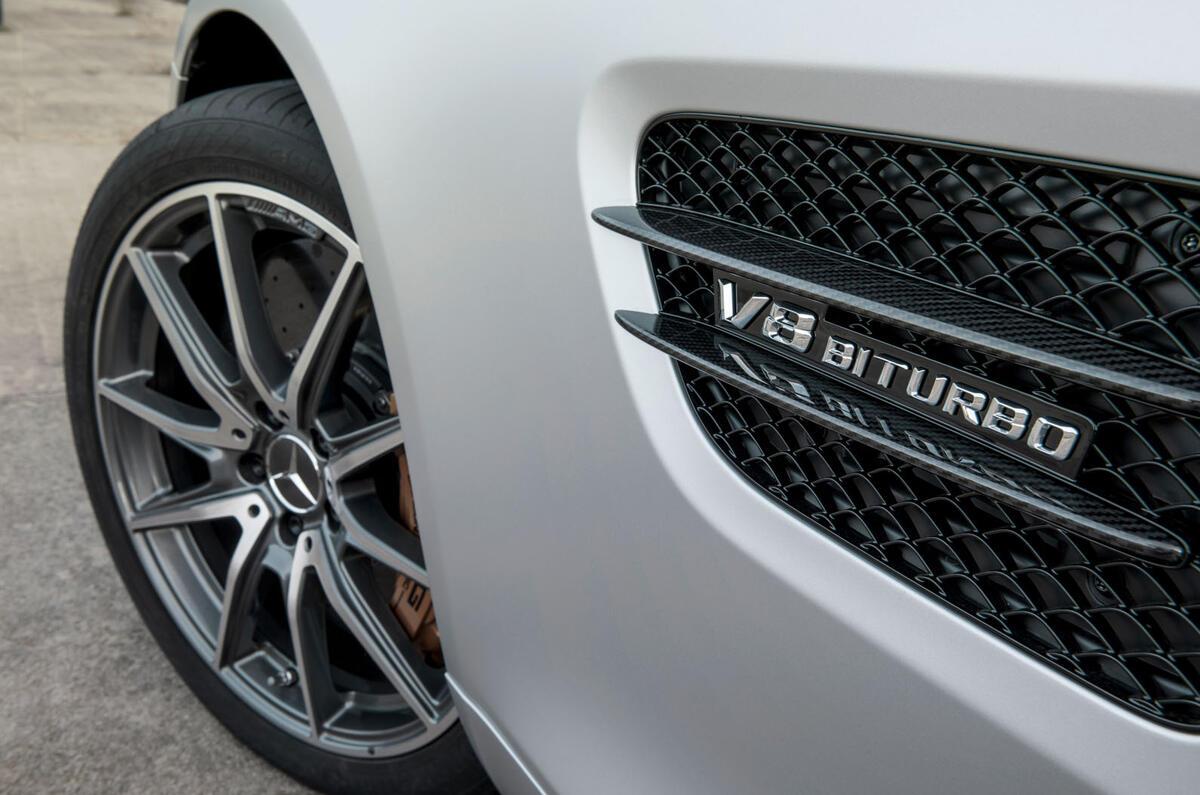
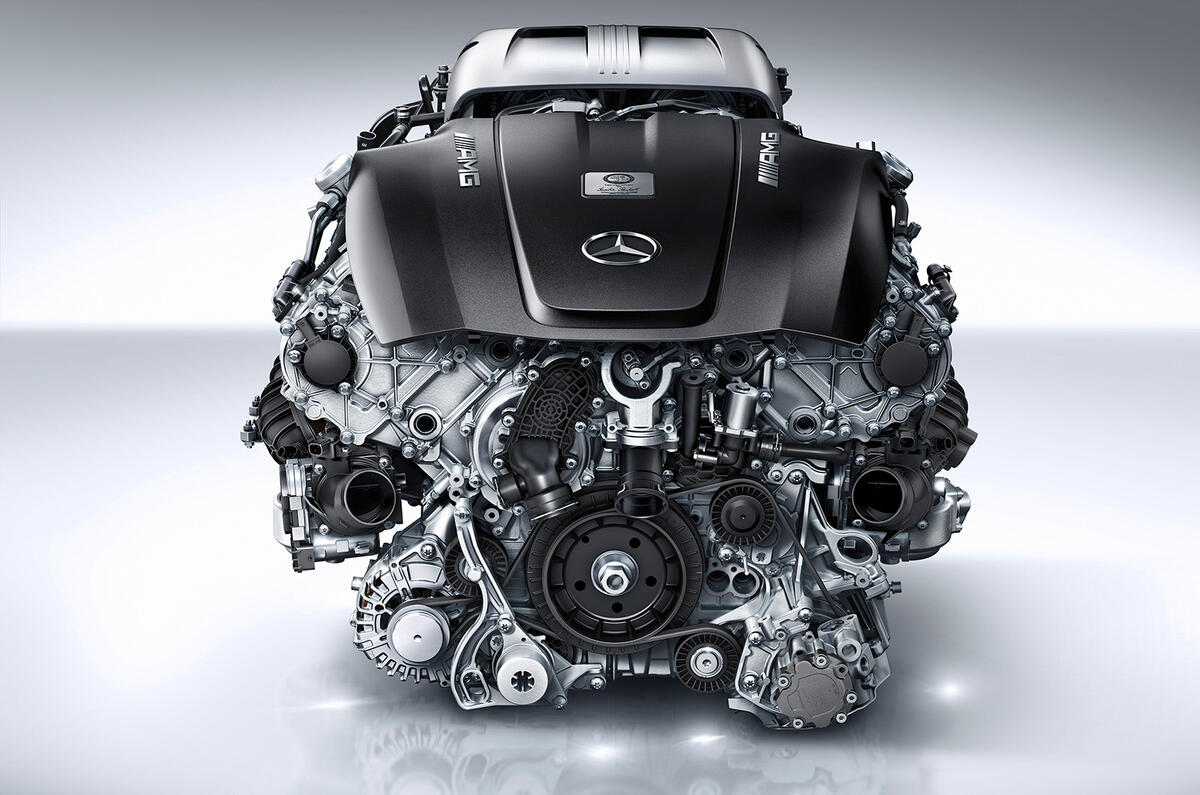
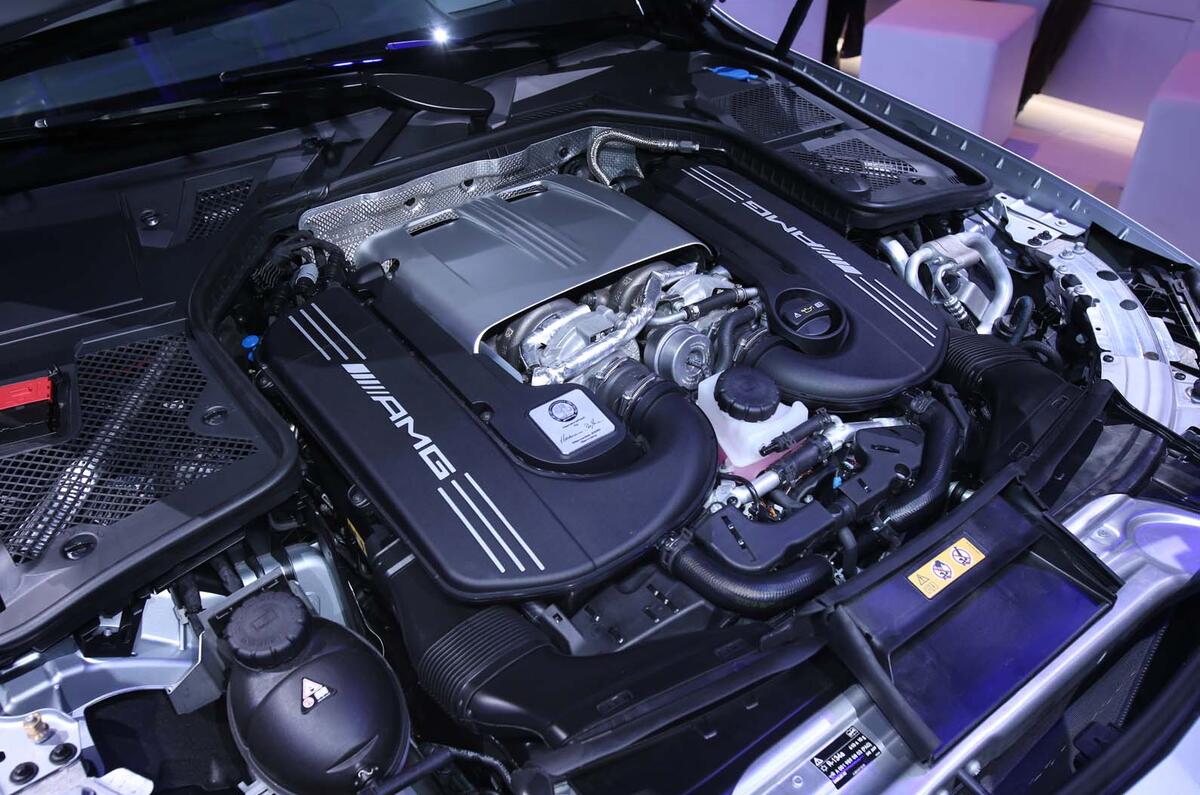
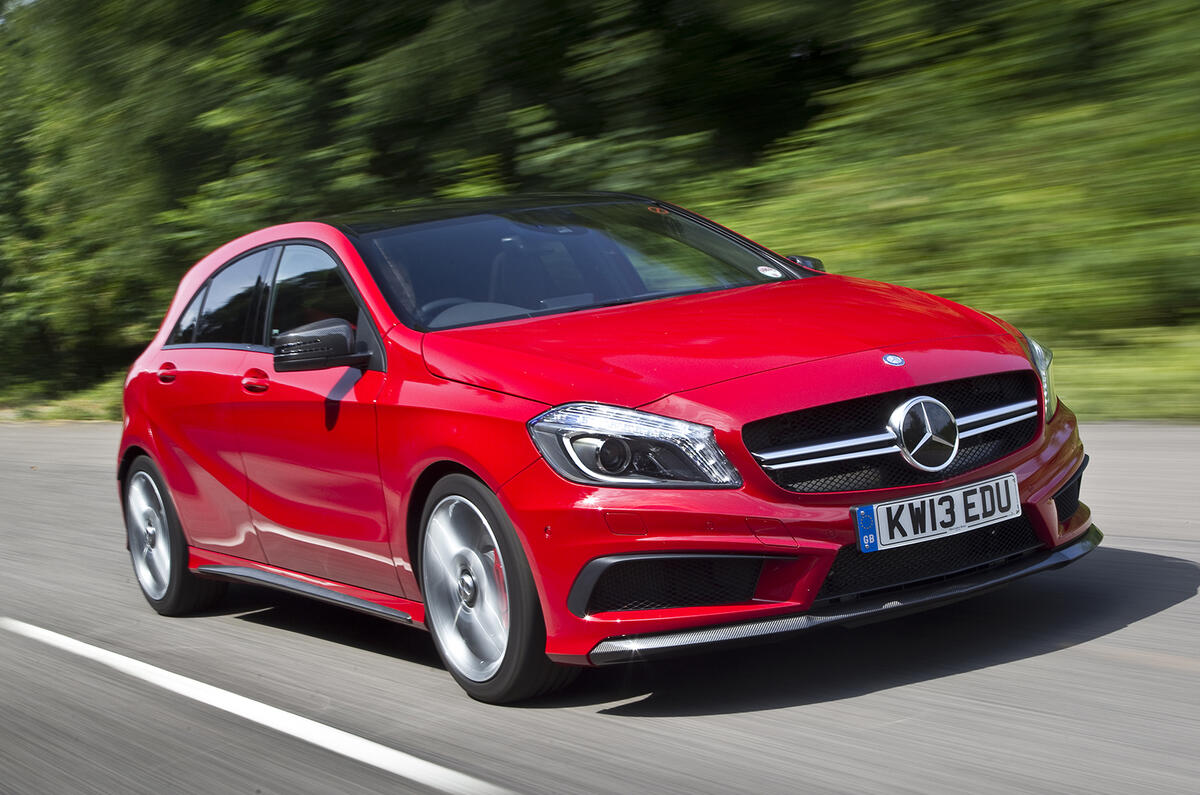
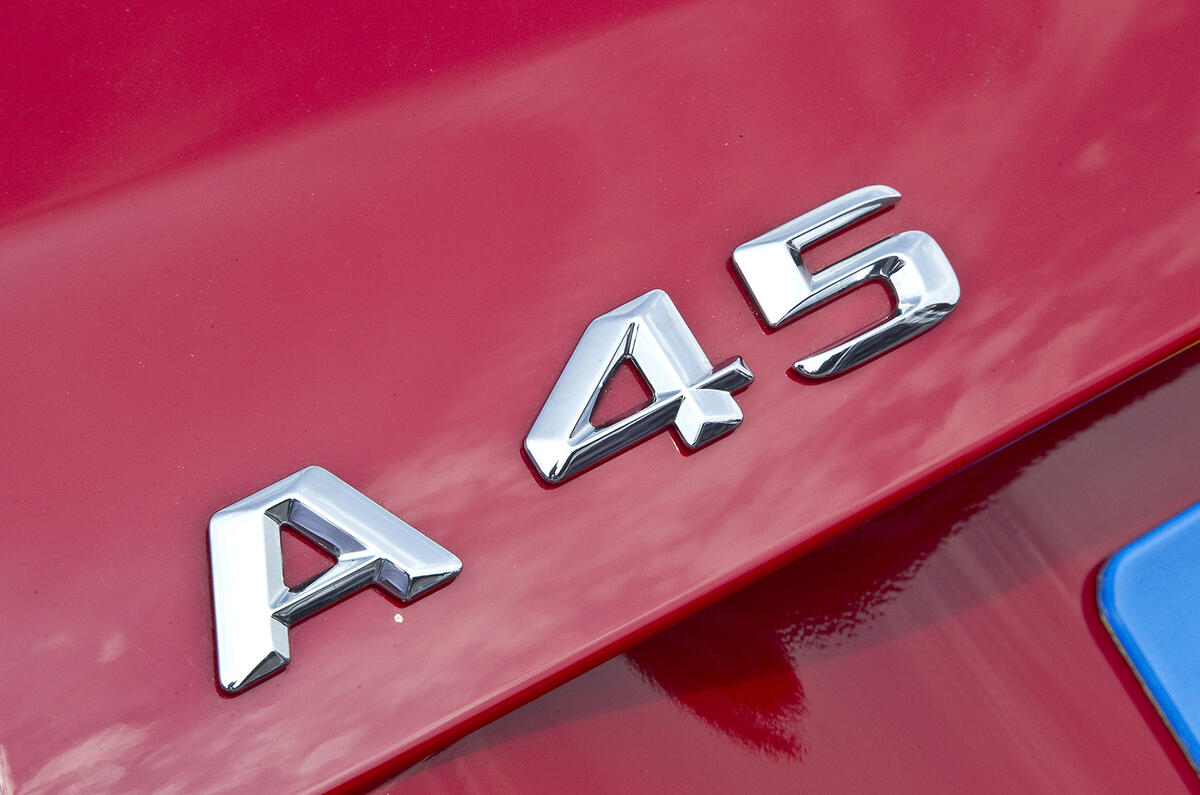
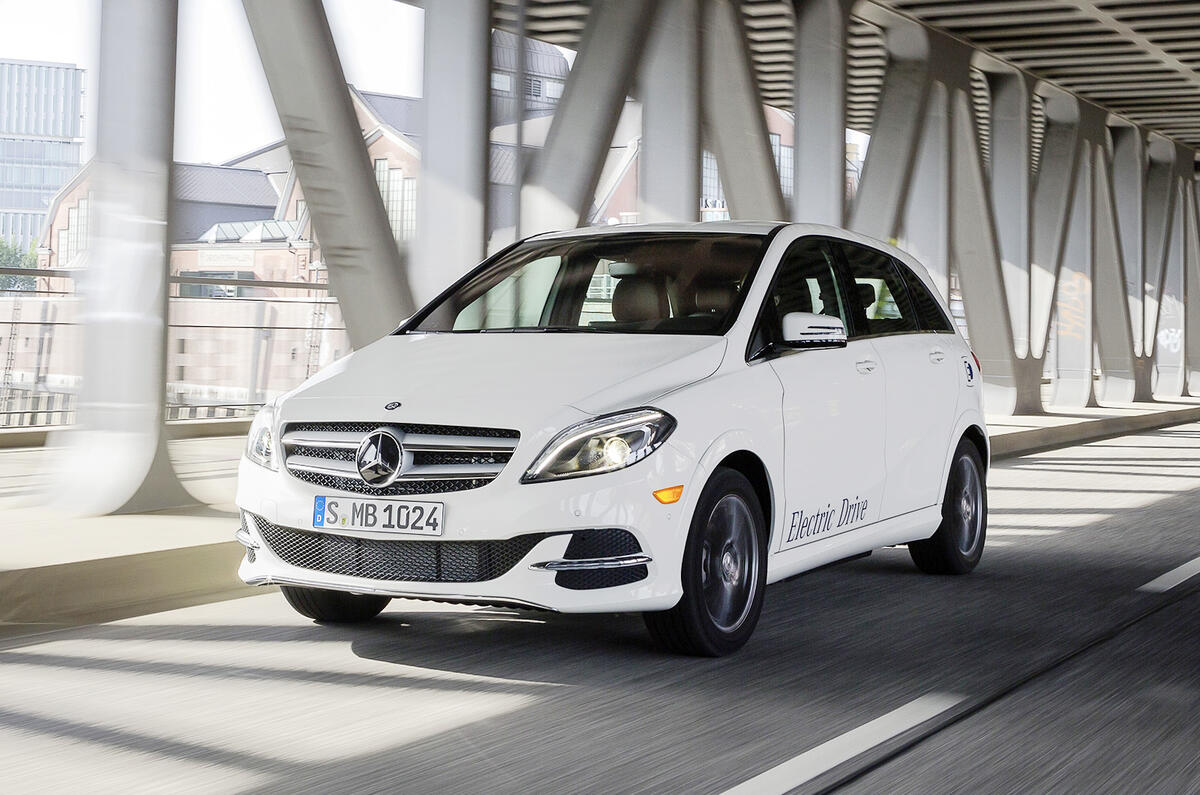

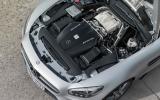
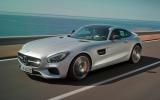
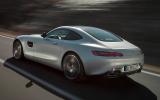
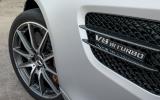
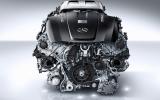
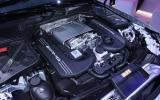
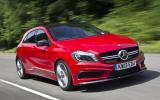
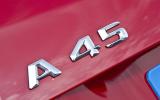
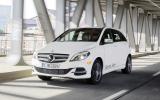


Add your comment
The answer for all our prayers
A better future would be the
But, in 20 years, will we authorised to drive ourself?
My positive thinking of the day...
Tax
alternative
They'll put meters in cars, effectively introducing road charging, then electicity price can stay the same.
xxxx wrote: They'll put
In which case any economic reason for electric cars fails.
@ Artill "In which case....
Exactly Artill !
Once they have lost the godsend which is taxing us whilst making us feel guilty about our behaviour, they will be left with a gaping hole in their revenues, which means they will have to ditch the pretence and just go for the jugular like the leeches they are.
I would mind less if the money was well spent rather than wasted!